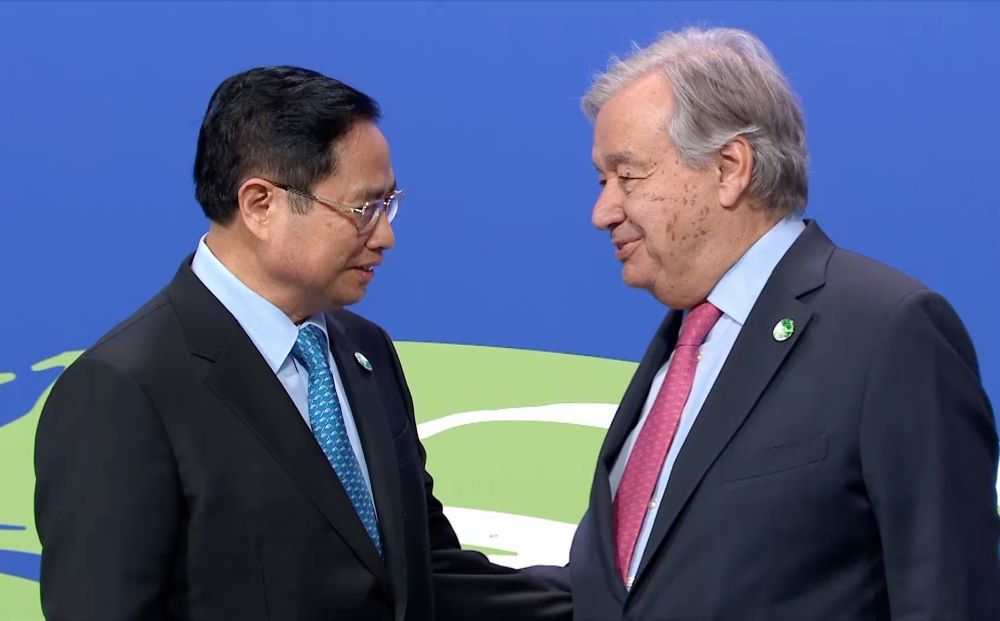In a significant prelude to the UN Climate Change Conference (COP28), G7 nations and Vietnam are meticulously fine-tuning a climate plan that could herald transformative change. The Southeast Asian manufacturing hub is on the brink of finalizing reform commitments with G7 governments and multilateral lenders, potentially unlocking billions of dollars in loans dedicated to curtailing coal usage.
At the heart of these groundbreaking discussions lies the Resource Mobilisation Plan, a pivotal document that holds the key to sustainable transformation. As the clock ticks down to the opening of COP28 in Dubai, this collaborative effort between Vietnam and G7 nations exemplifies the urgency and shared responsibility in addressing climate change.
The proposed reforms not only signal Vietnam’s commitment to a greener future but also underscore the critical role of international partnerships in steering climate action. By unlocking substantial funds, Vietnam aims to transition away from coal dependency, aligning itself with the global push for cleaner energy sources.
As G7 nations and Vietnam navigate the final tweaks to this ambitious plan, the implications resonate on a global scale. COP28 is poised to witness the unveiling of a blueprint that could redefine Vietnam’s environmental trajectory and contribute significantly to the broader fight against climate change.
In a world grappling with the repercussions of climate crises, the collaborative efforts between G7 nations and Vietnam serve as a beacon of hope. The outcomes of these negotiations carry the potential to set a precedent for other nations, emphasizing the collective responsibility to build a sustainable and resilient future. As the world converges in Dubai, the spotlight is firmly on the shared commitment to address climate challenges and forge a path towards a more sustainable tomorrow.
















